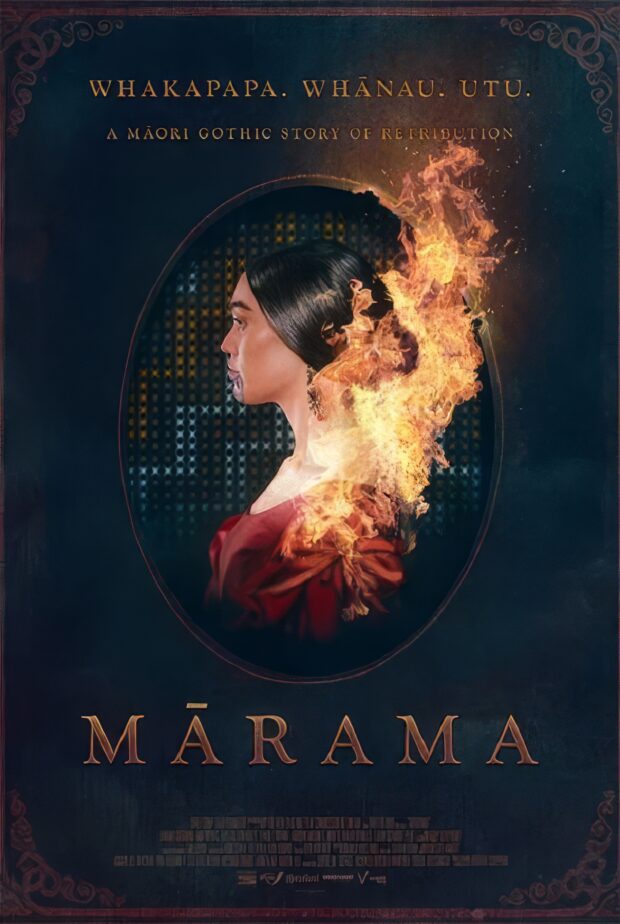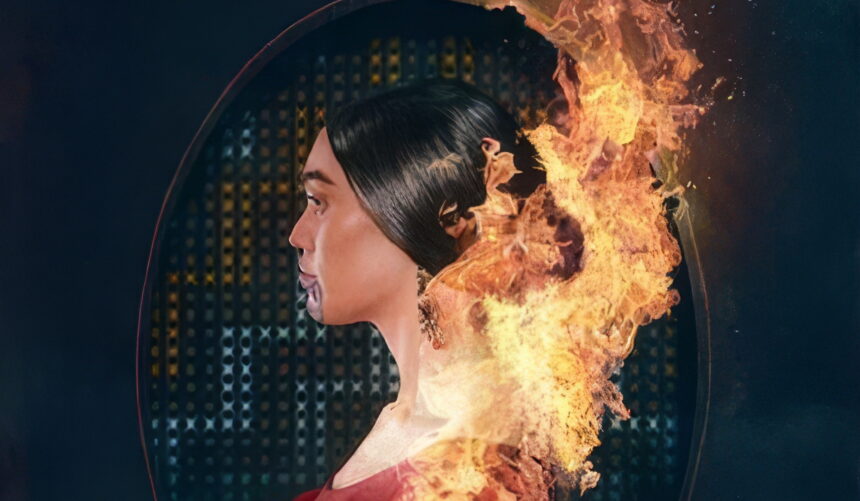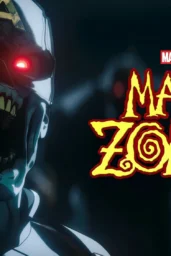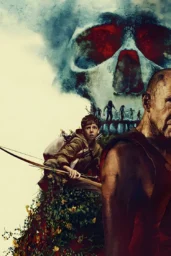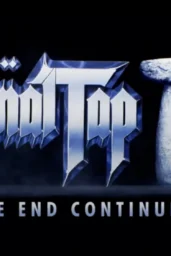The gothic genre, when done right, is less about ghosts and more about the shadows cast by history. Mārama—the feature debut of Māori filmmaker Taratoa Stappard—isn't arriving quietly. It storms into the Discovery Programme at the Toronto International Film Festival on September 7, 2025, with the weight of colonial trauma pressed against its black lace sleeves. And yes, it's already secured its future: Dark Sky Films and its sister company Watermelon Pictures will steer the North American release in the first quarter of 2026.
Set in 1859 Victorian England, the story follows a young Māori woman, played by Ariāna Osborne (Madam), who is lured from New Zealand to North Yorkshire, only to confront the titled Englishman who obliterated her family. Gothic tropes meet Indigenous reclamation—the candlelit corridors of empire, stalked by a figure who refuses to be erased.
Osborne leads a cast that bridges continents: Toby Stephens (Black Sails), Umi Myers (Bob Marley: One Love), Erroll Shand (Savage), and Jordan Mooney (The Bluff). Behind them, a production built with intent—Sharlene George (Taumanu), Rickylee Russell-Waipuka, and Rouzie Hassanova producing, with Paraone Gloyne safeguarding Māori language and culture as Pou Tiaki Reo & Tikanga.
Dark Sky Films is no stranger to the genre, but pairing with newcomer Watermelon Pictures (fresh off From Ground Zero) signals a push toward sharper, politically charged horror. “Taratoa Stappard has crafted a visually stunning, emotionally resonant film that redefines what gothic horror can be,” said Dark Sky's Badie Ali. The phrasing sounds like boilerplate, until you look closer. The film was nurtured not only by the New Zealand Film Commission but also by imagineNATIVE, Zurich I.F.F., and the Berlinale Co-Production Market—an ecosystem that doesn't exist to rubber-stamp but to amplify voices usually sidelined.
Stappard himself calls Mārama the first in a planned trilogy of “Māori gothic horror stories about colonising violence being met with Indigenous retribution.” That's not a pitch—it's a mission statement. Horror often thrives on cycles: revenge, repetition, the return of the repressed. Here, the genre isn't just style—it's cultural exorcism.
Watching the industry finally make room for Indigenous-led productions isn't just overdue, it feels like a correction. Films like this aren't content to play dress-up in Victorian garb; they dig into who paid the price for those gowns and estates. And they remind us: horror, when honest, always belongs to the oppressed.
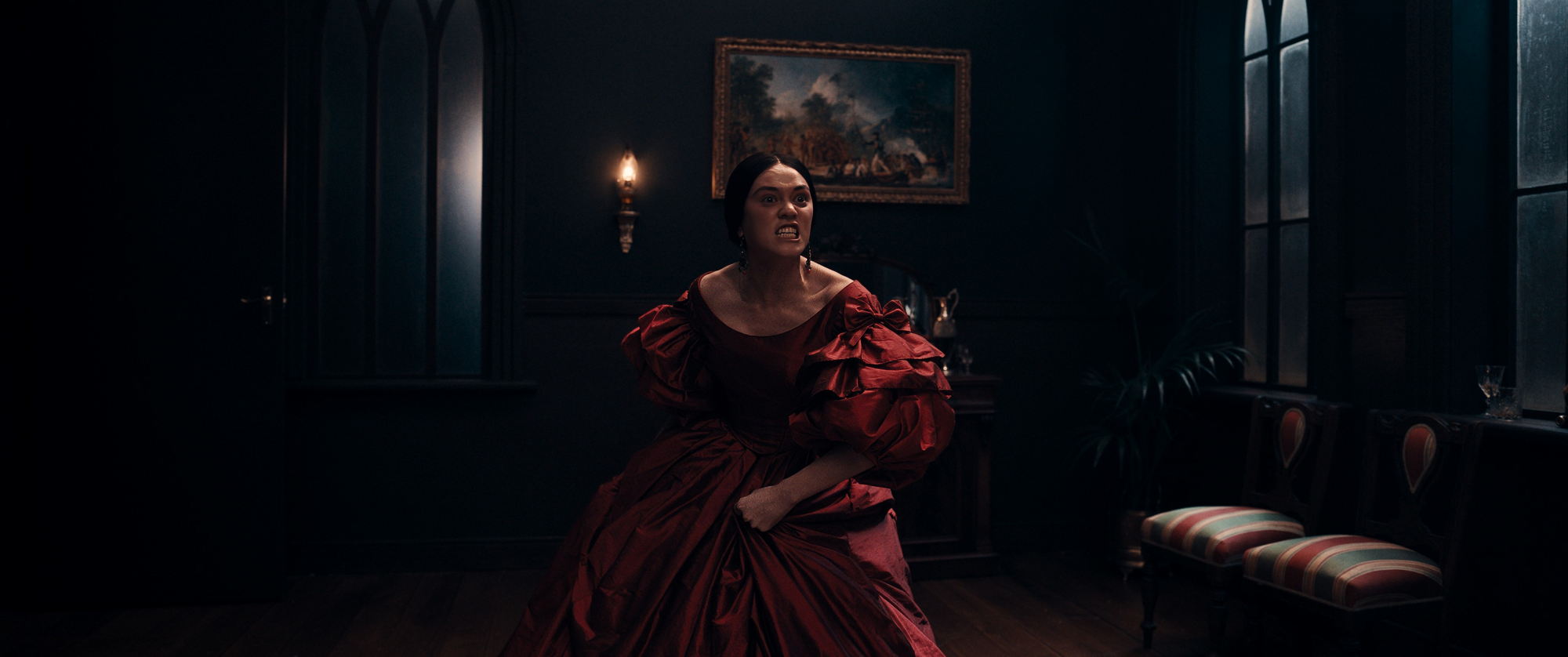
What You Should Know About Mārama
TIFF World Premiere
The film debuts on September 7, 2025, in Toronto's Discovery Programme.
North American Release Secured
Dark Sky Films and Watermelon Pictures will roll it out theatrically in early 2026.
An Indigenous-Centered Story
Ariāna Osborne plays a Māori woman reclaiming her culture in the face of colonial brutality.
A Global Collaborative Backing
Support came from the New Zealand Film Commission, imagineNATIVE, TIFF, Zurich IFF, and Berlinale.
The Start of a Trilogy
Stappard envisions Mārama as the opening chapter of a Māori gothic horror cycle.
Sources:
